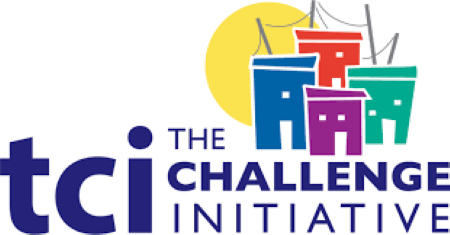The Federal Government has reaffirmed its commitment to sustain the gains of The Challenge Initiative (TCI) model, which focuses on urban health and family planning, to ensure lasting impact on Nigeria’s healthcare system.
Dr. Binyerem Ukaire, Director and Head of the Department of Family Health at the Federal Ministry of Health and Social Welfare, stated this on Tuesday in Abuja during the TCI Nigeria Next-Gen National Dissemination Meeting.
Ukaire described the TCI model as a sustainable, state-led approach that promotes local ownership, accountability, and continuity in delivering family planning and reproductive health services.
“I stand here today as a testament to the great work done by Dr. Taiwo Johnson and the TCI Nigeria team. Indeed, the TCI model is very sustainable — a free model that promotes state-based investment and ensures that the right services and information reach those who need them most,” she said.
She commended TCI for aligning its work with the National Family Planning Policy and for supporting states to strengthen their local systems.
According to her, even though TCI may cease to exist as a programme, its impact will continue through state ownership, domestic resource mobilization, and government leadership.
Ukaire reaffirmed that the ministry remains committed to reproductive, maternal, newborn, child, and adolescent health (RMNCAH) services, noting that family planning is central to achieving Nigeria’s human capital and sustainable development goals.
“Without family planning, we will not achieve human capital development or sustainable growth. Family planning is critical and must be implemented the right way,” she said.
Also speaking, Sen. Ipalibo Banigo, Chairperson of the Senate Committee on Health, pledged continued legislative support to strengthen funding and oversight for family planning and reproductive health programmes nationwide.
Banigo commended TCI and its partners for building local leadership, expanding access, and transforming community attitudes toward family planning across the states.
She disclosed that the National Assembly had included a ₦2 billion counterpart fund for family planning commodities in the 2024 national budget and urged state governments to emulate this by allocating adequate funds for family planning services and commodities.
Earlier, Dr. Taiwo Johnson, Project Director of TCI Nigeria, said the initiative had strengthened state-level ownership of family planning and reproductive health interventions, with many states now providing domestic funding and scaling up evidence-based practices.
Johnson explained that sustainability does not signify TCI’s exit but rather a transition from direct implementation to technical coaching and partnership.
Dr. Kojo Lokko, Global Director of TCI, commended Nigeria for demonstrating exemplary leadership and ownership in sustaining family planning and reproductive health programmes beyond donor support.
He said TCI Nigeria’s success story had become a global model for sustainable health programming, driven by strong government commitment, data-driven decision-making, and domestic resource mobilization.
“TCI was never meant to be a forever project. It was designed to empower governments to take the lead, build systems that outlive donor cycles, and make family planning an integral part of health governance,” Lokko said.
He added that Nigeria’s transition from donor dependency to state-led investment reflects the true essence of sustainability that TCI promotes globally.
“The leadership we have seen in Nigerian states — from commissioners to programme managers and community champions — shows that sustainability is not about exit, but about evolution. Governments are no longer waiting for partners; they are charting their own path,” he said.
Lokko appreciated the partnership of the Bill & Melinda Gates Foundation, Bayer Foundation, and other development partners for their long-standing support toward Nigeria’s reproductive health goals.
He called for continued collaboration among federal and state governments, donors, and civil society organizations to consolidate the gains made through TCI and expand access to family planning and primary healthcare services.
The meeting marked the conclusion of the Next-Gen phase of the TCI programme, which has supported Nigerian states in expanding access to quality family planning and reproductive health services through evidence-based, government-led approaches.


